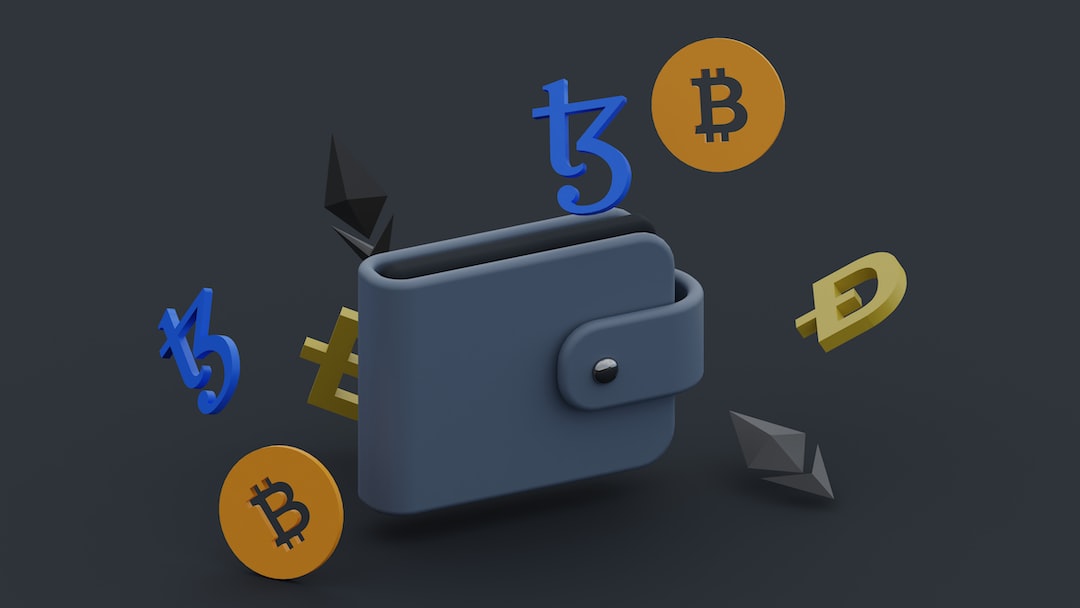What is ETH Gate?
“ETH Gate” refers to a theory that suggests the Ethereum Foundation and ConsenSys have established close relationships with key individuals within the US Securities and Exchange Commission (SEC) and other entities like JP Morgan, in order to create a favorable regulatory environment for Ethereum.
One key element of this theory revolves around the Hinman emails, which were released earlier this year. These emails show interactions between Bill Hinman, who declared in a 2018 speech that Ethereum was not a security, and Ethereum’s co-founder, Vitalik Buterin. It is believed that Hinman consulted Buterin to gain a better understanding of Ethereum’s operations before delivering his speech.
Interestingly, Bill Hinman returned to the law firm Simpson Thacher in 2020 after leaving the SEC. This is significant because Simpson Thacher is associated with the Ethereum Enterprise Alliance. As a result, supporters of XRP believe that Hinman’s decision to give Ethereum a regulatory “free pass” may not have been unbiased.
Speculations By XRP Army
A prominent figure in the XRP community, John E Deaton, has made allegations suggesting interconnected relationships that hint at potential conflicts of interest. These claims play a crucial role in the “ETH Gate” theory. Let’s explore these connections further:
1. Joseph Lubin’s Strategic Moves: Deaton points out that within two months of Jay Clayton becoming SEC Chairman, Joseph Lubin hired Patrick Berarducci from Sullivan & Cromwell, a law firm where Clayton was previously a partner. This move is seen as more than coincidental by Deaton and others in the XRP community.
2. The Hinman-Lubin Email Exchange: Deaton frequently mentions an email exchange between Bill Hinman and Joseph Lubin. This correspondence suggests a problematic level of proximity between a regulatory figure and a significant player in the crypto sphere. It raises questions about collaboration or at least an unusual level of familiarity, especially considering Hinman’s subsequent public remarks about Ethereum not being a security.
3. Jay Clayton and One River Digital Asset Management: After his tenure at the SEC, Jay Clayton joined One River Digital Asset Management, which holds large amounts of Bitcoin and Ethereum. Deaton highlights this move as a potential conflict of interest, questioning if Clayton’s decisions at the SEC favored Ethereum due to future career prospects or associations.
4. Simpson Thacher, Ethereum Enterprise Alliance, and Hinman: Deaton also points out Bill Hinman’s association with Simpson Thacher, a law firm connected to the Ethereum Enterprise Alliance. Deaton suggests that this connection may have influenced Hinman’s decision to publicly declare Ethereum as a non-security.
In addition, another XRP community member named Mr. Huber raises questions about ETH Gate being a conspiracy by Wall Street banks like JPMorgan to control the crypto market by bribing the SEC for Ethereum’s monopoly.
Latest News on ETH Gate
John E Deaton recently hinted that new information about ETH Gate could be revealed soon. Steven Nerayoff’s lawyer stated that Nerayoff is prepared to disclose facts “at a time and manner that serves the interests of justice and the people.” Nerayoff, an early advisor to Ethereum, had extortion charges against him dismissed earlier this year. Deaton speculates that Nerayoff might possess insider information related to Ethereum’s regulatory treatment.
The “ETH Gate” controversy raises concerns about the SEC’s impartiality in regulating different cryptocurrencies. While these allegations remain unproven, the evidence gathered suggests inconsistent regulatory approaches and potential conflicts of interest.
If the hints dropped by Steven Nerayoff and John E Deaton lead to substantial revelations, ETH Gate could become a significant chapter in cryptocurrency regulation.
Hot Take: Allegations of Favoritism and Conflicts of Interest Surrounding Ethereum’s Regulatory Treatment
The “ETH Gate” theory suggests that the Ethereum Foundation and ConsenSys have cultivated relationships with key individuals within the SEC and other entities to secure favorable regulatory treatment for Ethereum. This theory is supported by evidence such as email exchanges between Bill Hinman and Vitalik Buterin, as well as connections between Hinman, Joseph Lubin, and Jay Clayton. These allegations raise concerns about impartiality and potential conflicts of interest within the SEC. While unproven, they have sparked scrutiny around the SEC’s policies. The recent hints of new information from insiders like Steven Nerayoff add to the urgency surrounding this controversy. If substantiated, ETH Gate could significantly impact the landscape of cryptocurrency regulation.





 By
By
 By
By


 By
By
 By
By